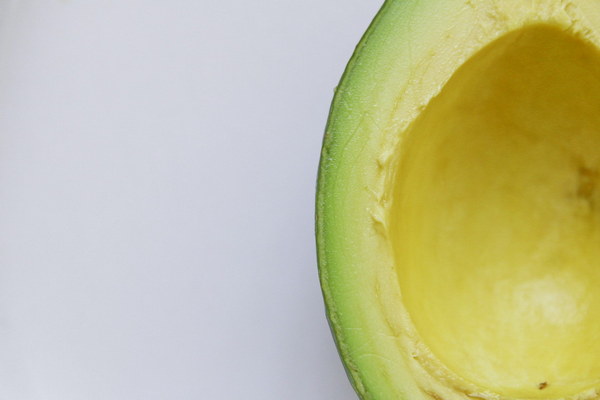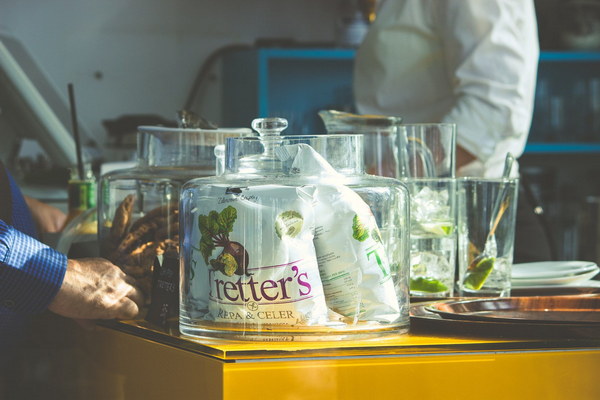The Dangers of Deception Unveiling the Myth of Healthy Energy Waters
The Dangers of Deception: Unveiling the Myth of 'Healthy' Energy Waters
In a world where the health and wellness industry is booming, it's no surprise that consumers are constantly on the lookout for quick fixes and magical solutions to improve their well-being. One such product that has captured the attention of many is the healthy energy water. With promises of increased energy, improved health, and a natural boost, these beverages seem like the perfect solution for the weary and the stressed. However, what lies beneath the glossy labels and catchy marketing slogans is often a cocktail of artificial ingredients and misleading health claims. Let's delve into the truth behind these so-called healthy energy waters.
The Buzz Around the Bottle
Healthy energy waters are typically sold in vibrant, eye-catching bottles, adorned with claims like natural ingredients, energy-boosting, and detoxifying. These drinks are often positioned as a healthier alternative to traditional energy drinks, which are notorious for their high caffeine content and artificial additives. The allure of a healthy option is hard to resist, especially for those who are looking for a natural pick-me-up without the jitters.
The Ingredients: A Wake-Up Call
Upon closer inspection, the ingredients list of many healthy energy waters reveals a different story. While they may tout natural sources of caffeine such as green tea extract or yerba mate, they often come packed with a host of other ingredients that are far from healthy.
1. Artificial Sweeteners: To make the product calorie-free, manufacturers often resort to artificial sweeteners like aspartame or sucralose. These substances have been linked to a range of health issues, including cancer, neurological disorders, and metabolic disturbances.
2. Preservatives: Many of these drinks contain preservatives to extend their shelf life. Common preservatives like sodium benzoate and potassium sorbate have been associated with allergic reactions, asthma, and other health problems.
3. Synthetic Vitamins: Instead of relying on whole food sources for essential nutrients, healthy energy waters often use synthetic vitamins, which may not be as easily absorbed by the body as their natural counterparts.
4. Taurine and B-Vitamins: While these ingredients are found in some natural sources, they are often synthetically produced and added to energy waters for their supposed health benefits. However, there is little scientific evidence to support their efficacy in boosting energy or improving overall health.

The Health Risks
The combination of artificial ingredients, preservatives, and synthetic vitamins in healthy energy waters can pose several health risks:
1. Weight Gain: Despite being labeled as calorie-free, many of these drinks contain artificial sweeteners that can actually lead to weight gain by disrupting metabolism and appetite regulation.
2. Mental Health Issues: Artificial sweeteners have been linked to an increased risk of depression, anxiety, and mood swings. The preservatives and synthetic vitamins can also contribute to cognitive impairment and neurological disorders.
3. Digestive Problems: The artificial ingredients and preservatives in healthy energy waters can cause digestive issues such as bloating, diarrhea, and irritable bowel syndrome (IBS).
4. Kidney and Liver Damage: The accumulation of preservatives and synthetic vitamins in the body can lead to kidney and liver damage over time.
The Bottom Line
While the allure of a healthy energy water may be hard to resist, the truth is that these beverages are far from being a healthy option. The combination of artificial ingredients, preservatives, and synthetic vitamins can do more harm than good. Instead of relying on these quick fixes, it's best to seek natural sources of energy and vitamins, such as whole foods, exercise, and adequate sleep. Remember, the best way to maintain your health is through a balanced lifestyle, not a bottle of healthy energy water.









